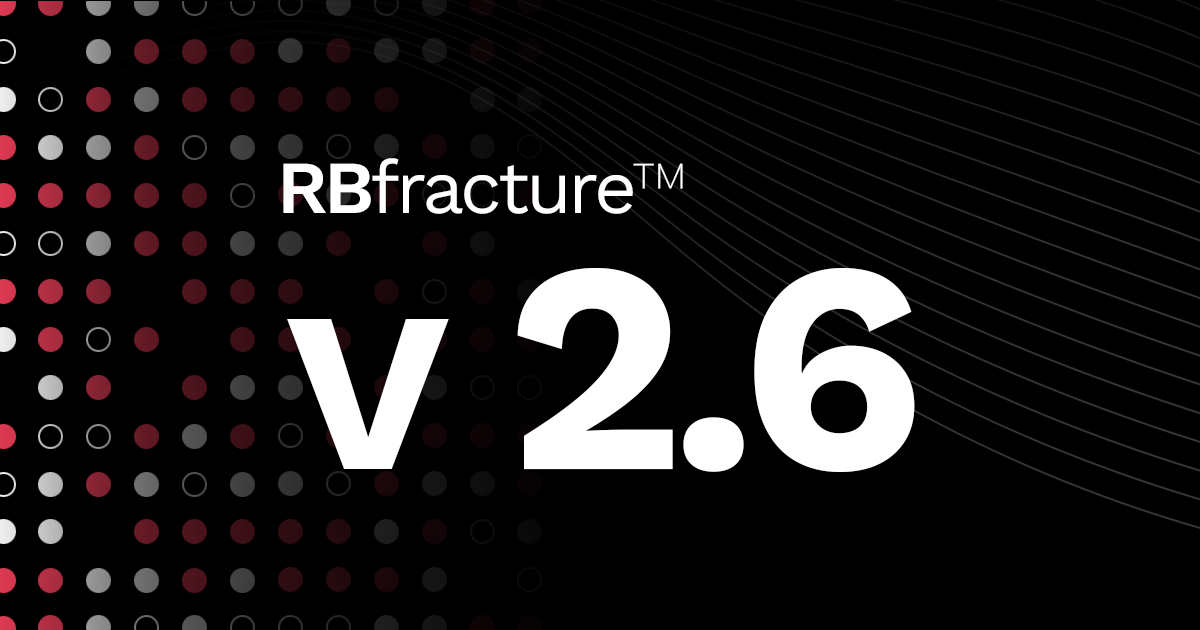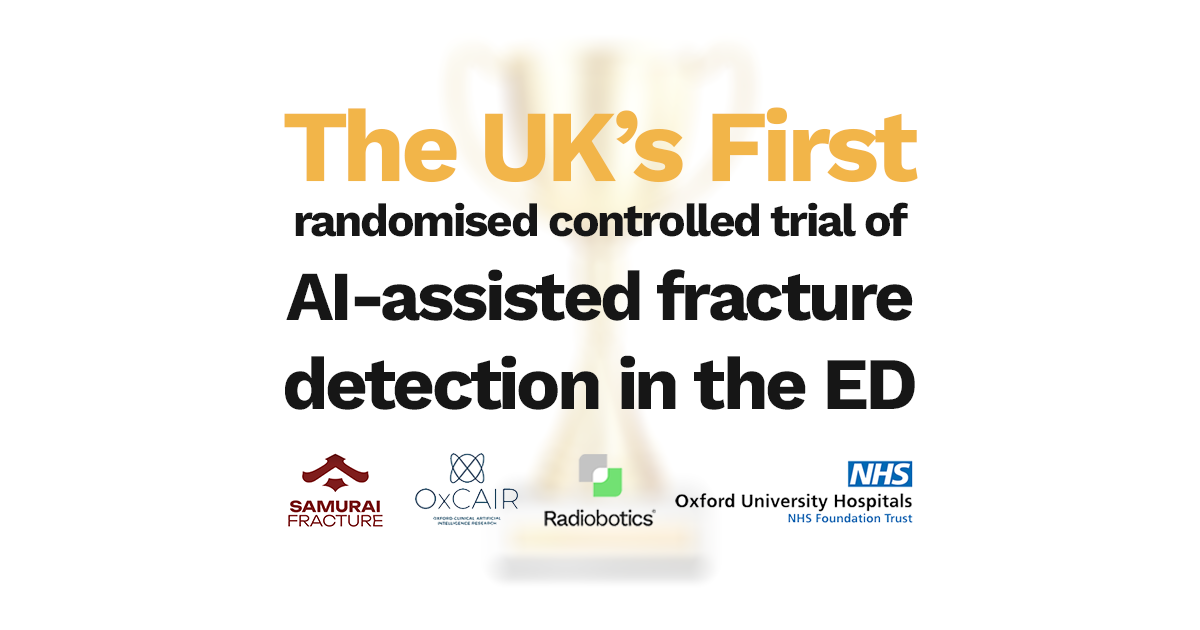September 04, 2025 — Tiel, Netherlands — The AI For Imaging (AIFI) pilot project has successfully completed its first phase, confirming that artificial intelligence (AI) for medical diagnostics can be introduced into clinical practice through a shared national infrastructure. The results show both the opportunities and the challenges of bringing AI into everyday hospital workflows, and provide clear direction for future adoption.
The pilot involves a collaboration between five Dutch hospitals, the Dutch Association for Radiology (NVvR), and VZVZ, and is made financially possible by Healthcare Insurers Netherlands.
The AIFI pilot aimed to identify and eliminate barriers to introducing AI into clinical practice
Implementing AI in radiology has long proven difficult. A survey by Radboudumc and the Dutch Association for Radiology (NVvR) highlighted key barriers: Costs concentrated in radiology while benefits extend across departments, limited IT capacity, integration with existing systems, and a lack of broad clinical validation. Within AIFI, these challenges were addressed collectively, allowing hospitals to explore solutions together.
The AIFI pilot results demonstrate that collaboration pays off: Hospitals valued the centralized setup in which legal, technical, and organizational processes were jointly managed. This cooperative approach is estimated to have saved 34% of the time normally required for individual AI implementations.
For acute use cases such as fracture detection, technical response times met requirements. However, half of radiographers surveyed perceived delays due to manual image forwarding at some sites.
“This feedback reflected local workflow configurations, not the performance of RBfracture,” explained Martin Wied, Global Partnerships Manager at Radiobotics. “In evaluations, RBfracture met all response time standards.”
RBfracture was widely adopted, with more than half of users applying it in at least 70% of cases. In some hospitals, this even led to adjusted workflows, empowering radiographers to work more independently and efficiently.
The successful AIFI pilot extends for a year
The willingness to continue is strong: all pilot hospitals have committed to supporting the further development of AIFI. The pilot has been extended until June 30, 2026, with four hospitals continuing active use of the infrastructure, and all five remaining engaged in the project’s next phase.



